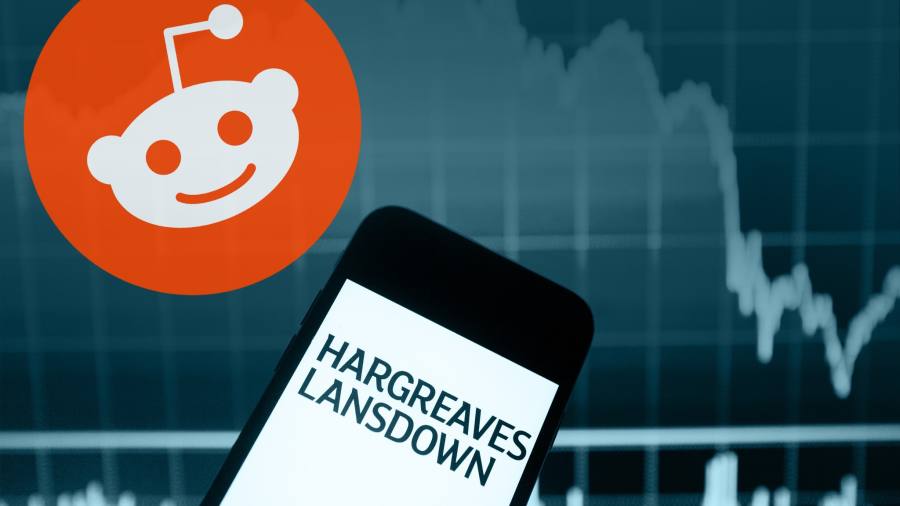[ad_1]
“Tell Sid†was how it started. “Tweet Elon†is how it’s going.
British stockbrokers have been riding Wall Street’s retail trading wave. Hargreaves Lansdown raised profit targets on Wednesday, reporting elevated share dealing volumes since the end of January as its clients piled into US stocks.
IG Group, the financial markets bookmaker, last week said recent trading had been “exceptional†with quarterly revenue up 65 per cent year on year. A stellar quarter for Winterflood, the market-maker that is an engine room for brokers including Hargreaves, meant Monday’s half-year results from parent company Close Brothers beat expectations.
Hargreaves thinks boom times have staying power because its customers are getting younger. The average age of a new client fell from 45 in 2012 to 37 now, it said at interim results in January. New sign-ups are not just following tips on Reddit, apparently, they are “engaging with saving for the future and want help to put their money to workâ€.
There is an echo here of the first wave of UK privatisations, which were touted as a way to diversify the British taste for savings beyond housing and pensions. The landmark Tell Sid advertising campaign in 1986 made British Gas a proto-meme stock, encouraging first-time investors to draw a link between pursuing wealth and passing on a nonsensical secret message. Such was its success that private client stockbroker Quilter set up stalls in Debenhams branches to help gather applications.
Momentum had fallen away by the 1990s as the dotcom boom and bust eclipsed more tenable mechanisms for broadening share ownership, such as personal equity plans and building society demutualisation. The era ended with France Telecom’s flotation of Orange after the bubble burst in 2001, which left more than 500,000 British private investors nursing first-day losses. Only about a fifth of British households own stocks, compared with roughly half in the US.
Nonsensical secret messages are back in fashion (“to the moon!†“HODL!â€) but the City brokers are no longer in charge. Their record volumes have come from basking in the reflected glory of a stimulus cheque-powered frenzy happening across the Atlantic.
Durability must be in doubt when Britain has countless other legal ways to place bets, most of which have also boomed through lockdown. Until it’s known whether the 30-somethings signing up for a Hargreaves account today are flipping winnings from Tesla and GameStop into self-invested personal pensions, it is much too early to talk about cultural change.
And if interest does prove fleeting, it could not be happening at a worse time.
The Treasury-backed Hill report on listing rules reform published this month sketches out a few suggestions for improving the lot of retail investors, including changes to the closed-shop regime around equity fundraisings that has not yet caught up with the invention of email.
Levelling the playing field between private investors and institutions is long overdue. It is also relatively simple to achieve, as demonstrated by PrimaryBid, a retail platform backed by London Stock Exchange.
Allocations for private individuals ought to be the default for all big fundraisings, as was the case during the privatisation years. Too often, however, the facility is being used as a convenience or a novelty. Deliveroo has employed PrimaryBid for its upcoming float to allocate up to up to £50m of shares to its most loyal customers, having taken literally the objective of attracting heavyweight backers. Other recent users are at the even riskier end of the market, such as synthetic cannabis maker Cellular Goods and MelodyVR, the latest owner of the Napster music sharing app.
A much wider democratisation of share issues has the potential to revive some of the early 1980s optimism. And, once again, it is at risk of being eclipsed by a speculative bubble. As the dotcom era shows, nothing changes the public mood as decisively as a flotation flop or a crash back to earth for a moonbound stock.
[ad_2]
Source link






